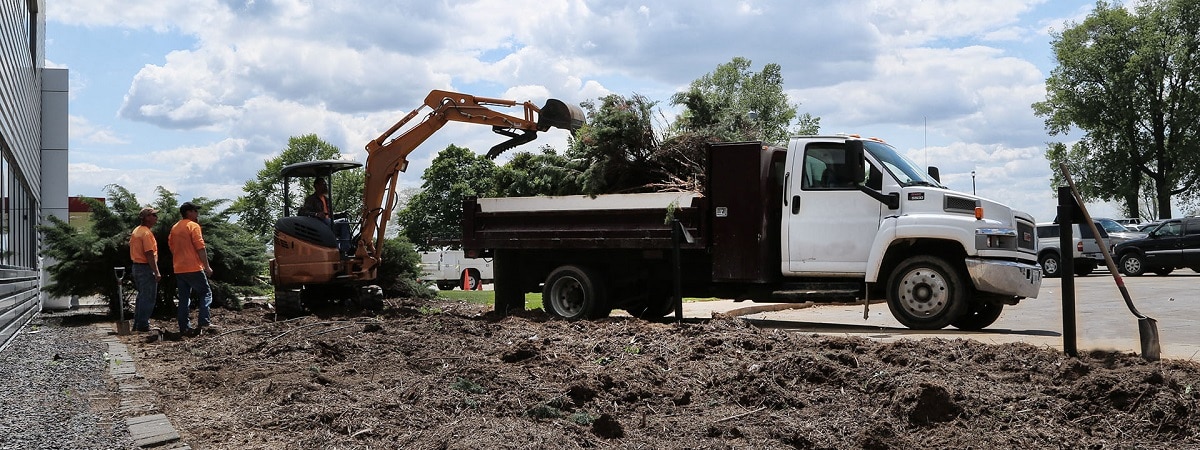January 23, 2019
SHARE
1. Maintenance & Service History
Many times, commercial trucks will have a pretty comprehensive maintenance and service history recorded by the company who bought it new and put it into service. Obviously this is easier to obtain if you are purchasing a one-owner commercial vehicle. Check this over thoroughly ensuring all recommended maintenance intervals were followed (fluids, brakes, etc).
2. Accident History
You also need to look into the history of the vehicle as it relates to any accidents or collisions. Understanding if the vehicle was ever wrecked, what the damage was and what was replaced will help guide you to look at specific areas of the truck so you can ensure the damage was properly fixed and will not cause you issues down the road.
3. Title History
Similar to the service and accident history, understanding the history of the title can assist as well in the evaluation. It is best to avoid flood or salvage titled vehicles as they have a higher probability of giving you major issues. Never purchase a used work vehicle until you see the status of the title to avoid getting stuck with a lemon.
4. Mechanical Review
Whether you are mechanically inclined or not, it is always best practice to take the vehicle to a mechanic you know and trust for a thorough look over. Mechanics will be able to provide the most reliable and comprehensive evaluation of the used work truck. It is best to pay a few dollars to a mechanic to complete a detailed assessment up front instead of getting stuck with a money pit of a work truck.
5. Necessary Repairs
By visiting an experienced mechanic, you should then have an idea of any necessary repairs that need to be made. This information can be helpful when discussing price or negotiating what needs to be repaired prior to purchase.
6. Condition Of Upfit
If the used work vehicle you are looking at has an upfit you need to evaluate the age and condition. Was it a new truck body or used? Will you need to refurbish or replace the upfit? Many times, truck bodies have identification tags (inside a compartment door for service or utility bodies or front rail for flatbeds) which contain a manufacturing date so you can better understand the age of it.
7. Right Spec
Always ensure the used work truck you are purchasing is capable of handling your work. You never want to buy a work vehicle that is under spec’ed which can lead to a shorter vehicle life, increased maintenance costs, safety issues, a decrease in productivity and more. Know the towing capacity, payload and any other applicable vehicle information.


